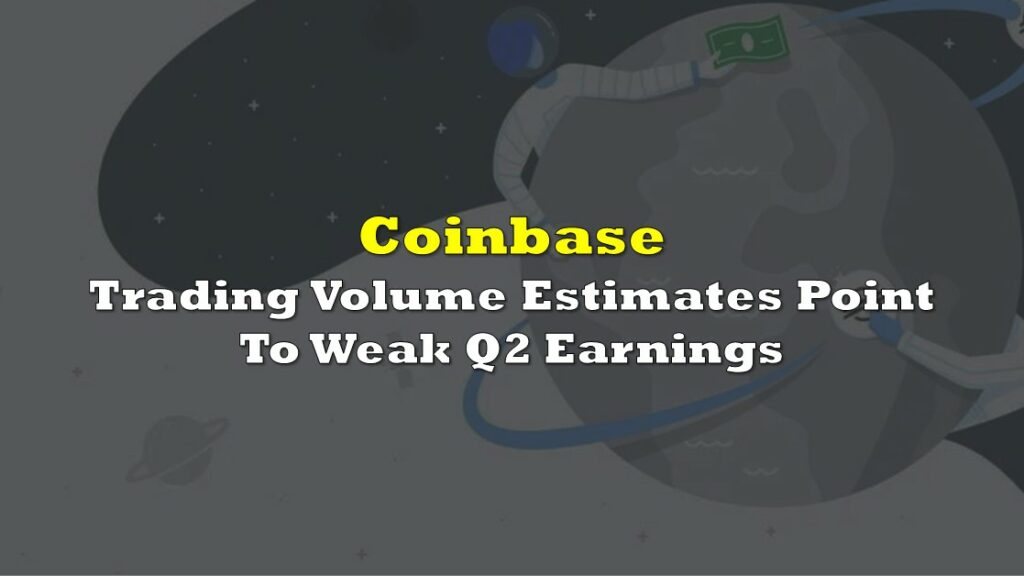On July 31, Judge Jed Rakoff of the U.S. District Court of the Southern District of New York denied stablecoin issuer Terraform Labs’ motion to dismiss a lawsuit filed against it by the SEC. In February 2023, the SEC charged Terraform Labs with violating securities law by offering and selling an algorithmic stablecoin (Terra USD) and another crypto asset (LUNA) that were in fact securities.
While not a party to this case, Coinbase Global, Inc. (NASDAQ: COIN), will feel the impact of Judge Rakoff’s ruling. The decision represented an emphatic rejection of the reasoning another judge in the very same federal court had used to rule in a separate cryptocurrency case. In that July 13, 2023 decision, Judge Analisa Torres decided that the cryptocurrency XRP, a currency developed by Ripple, was not a security when it was sold to retail investors, and therefore the sale violated no securities law. On the other hand, she opined that XRP was a security when it was sold to institutional investors, and such sales were therefore illegal.
Judge Torres reasoned that the large investors signed XRP purchase agreements that locked up the tokens for a certain period. Given that the institutions could not back out of the accords, she believed the institutions had to view XRP as a speculative investment, and therefore as a security.
Judge Torres viewed XRP sales to retail investors through a completely different lens because those sales were “blind bid/ask transactions,” making them not offers of securities. Furthermore, the judge reasoned the small buyers “could not have known if their payments of money went to Ripple or any other seller of XRP.”
Despite the inconclusiveness of and questionable reasoning behind Judge Torres’ ruling (part good, part bad for cryptocurrencies), as well as its possible reversal upon appeal, Coinbase, which is facing its own high-profile legal challenges from the SEC, soared 30% on news of (finally) a positive legal development for the crypto industry. Coinbase has since given back much of this gain.
In his July 31 decision, Judge Rakoff rejected the key element of Judge Torres’ July 13 ruling: he characterized the distinction she made between sales to large and small investors as a misinterpretation of the Howey Test. The Howey Test, which is based on a 1946 U.S. Supreme Court decision regarding citrus groves, determines what qualifies as an “investment contract.” An affirmative answer subjects the asset to U.S. securities laws.
Judge Rakoff also dismissed Terraform Labs’ attempted use of the “major questions doctrine” in its motion to dismiss the SEC’s suit. Courts generally interpret that principle to mean that the U.S. Congress itself debates and votes on issues of major political or economic significance and does delegate them to executive agencies (like the SEC).
Since Coinbase hoped to use both Judge Torres’ more favorable crypto ruling and the major questions doctrine as defenses against the SEC, the content of Judge Rakoff’s July 31 decision significantly complicates its pending case.
Coinbase Global, Inc. last traded at US$87.31 on the NASDAQ.
Information for this story was found via the Forbes and the sources and companies mentioned. The author has no securities or affiliations related to the organizations discussed. Not a recommendation to buy or sell. Always do additional research and consult a professional before purchasing a security. The author holds no licenses.









